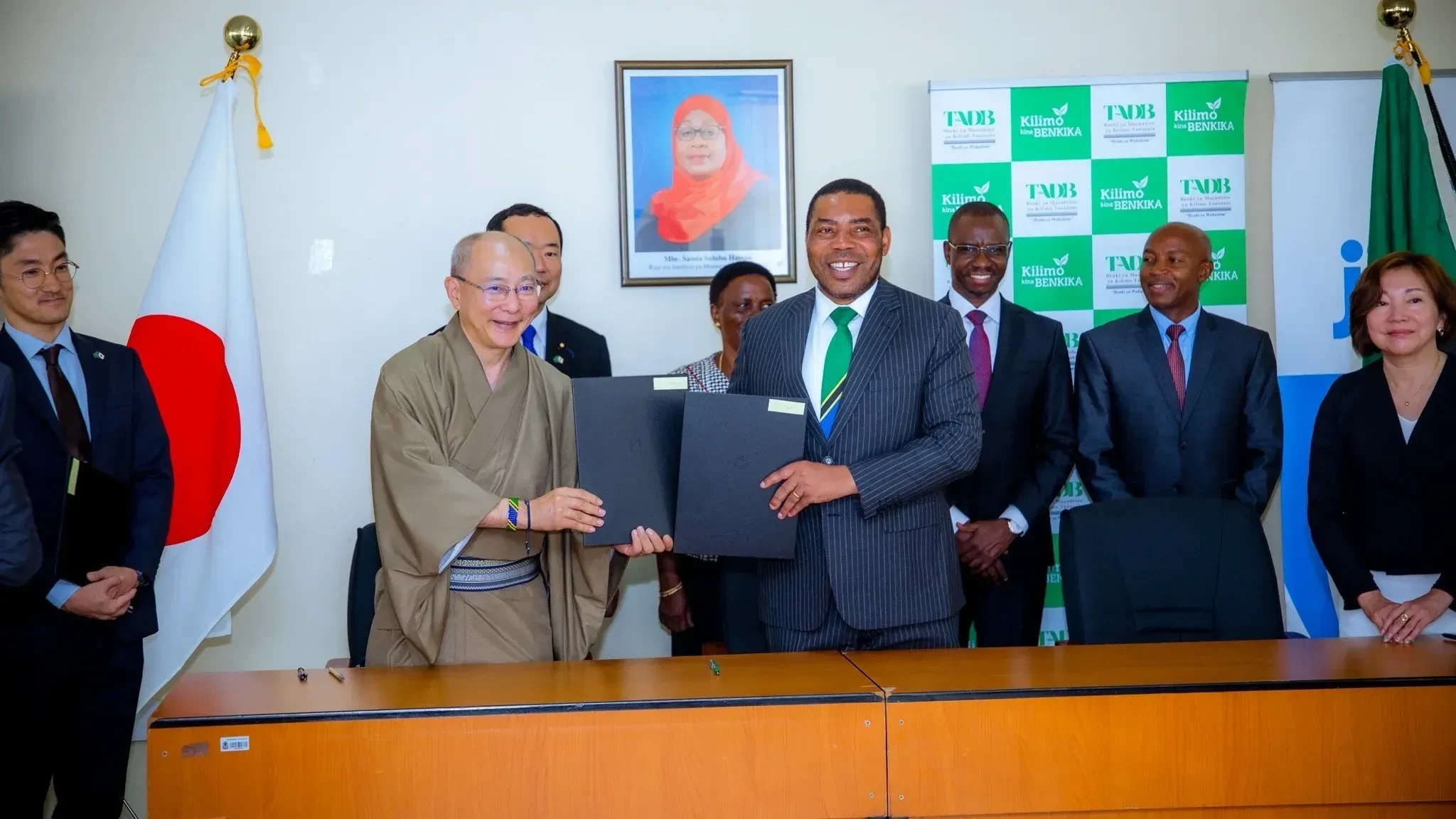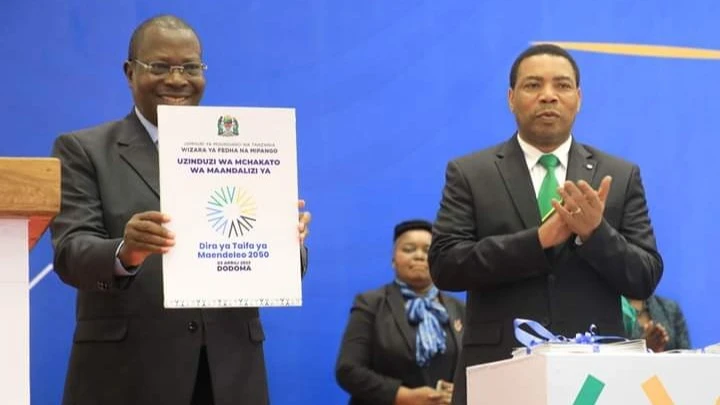TUCTA labour law ideas low on competition ethos

MEMBERS of a parliamentary committee examining the Labour Laws (Amendment) Bill, 2024, have some work to do in pouring over a number of suggested adjustments to the bill handed by the Trade Union Congress of Tanzania (TUCTA). The TUCTA president says that the purpose of the proposals is to ensure better protection of workers’ rights. That goal has never been irrelevant in legislation but it needs to be wisely balanced so that it is in tandem with other goals, especially flexibility in hiring or wages.
Details on the proposals are serene enough, and it is understandable if the trade union congress has misgivings about it, as changes in labour law in the past decade or two have not been the best for trade unions. There was a time the unions were locked in a partnership with the ruling party in an atmosphere where the private sector was still marginal. Labour legislation was at that time basically a set of rules about public sector employee management, itself tied up with vibrant proximity to party sittings, roles.
From the time that the private sector started to expand in the late 1980s, it was working on the margins of labour law, as many such units remained in informal sector settings. There were major companies that purchased shares in public firms and culturally joined up to buttress the public sector outlook, especially as in most instances they had virtual monopoly in their spheres of industry or commerce. From ethics of solidarity and partnership with the ruling party, the tone shifted to protecting local firms and jobs.
The public sector set up was shaken in 1992 at the time of extensive civil service restructuring when the basics of information technology were taking root. Powerful clerks whose business is to get one’s file in this or that registry started losing their grip on the social and administrative set up of courts and other institutions, though digital referencing has arguably taken upwards of three decades to dig in. Some of the more mundane sources of inefficiency and corruption were tamed by technology shift.
The current discussion on labour law amendment is still geared to the public sector, where definitely the Social Welfare and Community Development Standing Committee of the National Assembly will find it hard to take up some of TUCTA’s proposals belonging to another epoch. One such idea has TUCTA advocating for extending unpaid emergency leave from 30 days to five years, which it explains as related to the need to better support employees in critical personal circumstances like leadership roles or educational pursuits. In short, they don’t have to find other jobs.
A casual reader, not a social welfare expert, could understand an idea that maternity leave provisions for mothers of premature babies be extended until the child reaches 40 weeks of age, instead of 36 weeks in the current draft. Yet it would be much harder to lift that comprehension to another level as TUCTA demands that maternity leave and child care leave be treated separately, with no overlap between the two. That formulation is evidently paradoxical; child care is now done on behalf of…. employer.
Top Headlines
© 2025 IPPMEDIA.COM. ALL RIGHTS RESERVED

















